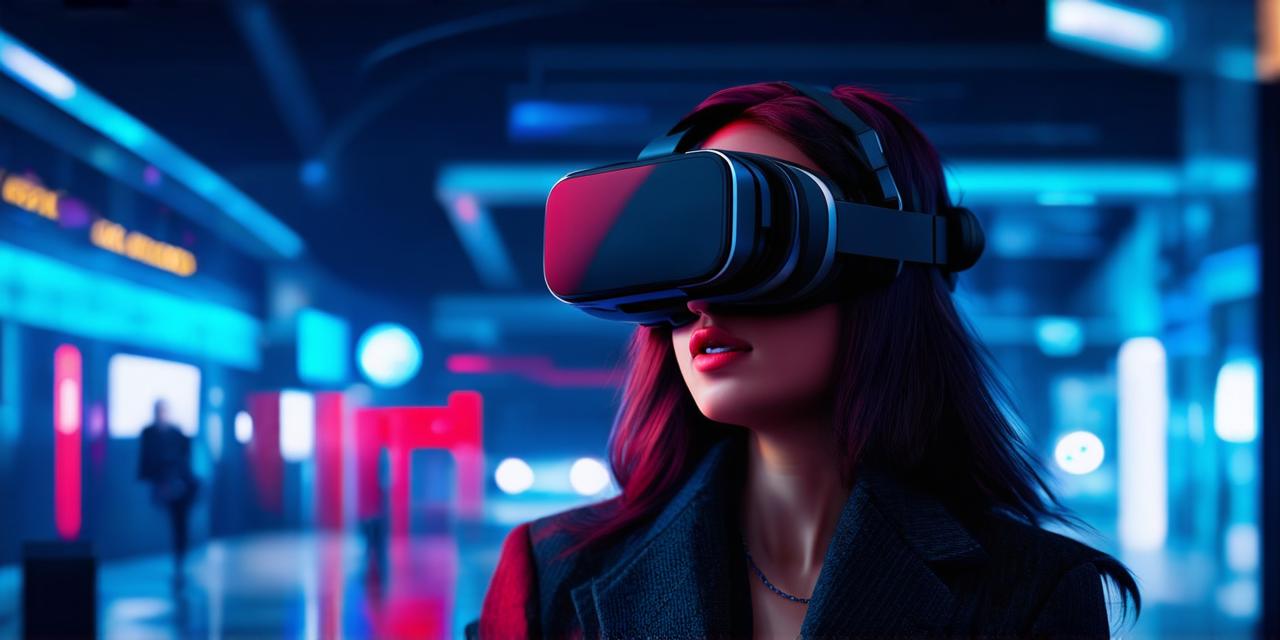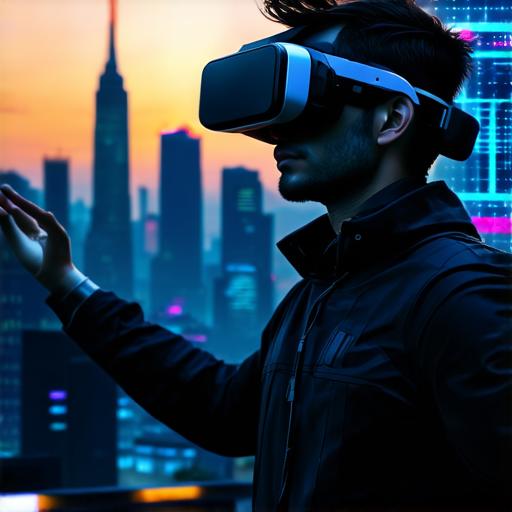
The Impact of Virtual Reality on Society
Virtual reality (VR) is a rapidly evolving technology that has the potential to revolutionize various aspects of society. From gaming and entertainment to healthcare, education, and business, VR is already transforming many industries and changing how people interact with each other and their environment.
Virtual Reality: A Brief Overview
Virtual reality is a computer-generated simulation that creates an immersive, interactive experience for the user. It involves wearing a headset or other device that tracks the user’s movements and displays a 3D environment in real-time. The user can interact with this virtual world using hand or body controllers, voice commands, or other input devices.
Virtual reality technology has been around for several decades, but it is only in the last few years that it has become more accessible and affordable. With the advent of powerful consumer-grade hardware and software, VR is now within reach of a wide range of users, from gamers to professionals in various fields.
The Impact of Virtual Reality on Society
Virtual reality has the potential to impact society in numerous ways. Here are some key areas where it is already making a difference:
Gaming and Entertainment
Virtual reality has revolutionized the gaming industry, offering players an unprecedented level of immersion and interactivity. With VR, gamers can step into their favorite games and become part of the action, exploring new worlds and engaging with characters in ways that were previously impossible. Virtual reality has also opened up new possibilities for storytelling and interactive experiences, enabling developers to create truly unique and memorable experiences for players.
Healthcare
Virtual reality is being used increasingly in healthcare to treat a range of conditions, from anxiety and depression to chronic pain and PTSD. By creating realistic simulations of real-world environments, VR can help patients confront their fears and anxieties in a safe and controlled environment. It can also be used for physical therapy, enabling patients to practice movements and exercises that may not be possible in real life due to injury or disability.
Education
Virtual reality is being used in education to create immersive learning experiences that engage students and help them retain information more effectively. With VR, students can explore historical events, scientific concepts, and language skills in a way that is both fun and interactive. Virtual reality also enables students to learn from experts in their field, providing them with access to knowledge and expertise that may not be available otherwise.
Business and Training
Virtual reality is being used in business to train employees for various tasks, from customer service to sales to emergency response. By creating realistic simulations of real-world scenarios, VR can help employees develop the skills they need to succeed in their jobs without putting them at risk. Virtual reality can also be used to showcase products and services in a more engaging and interactive way, helping businesses connect with customers on a deeper level.
The Future of Virtual Reality
As virtual reality technology continues to evolve, it is likely that we will see even more exciting applications emerge. Some potential areas where VR may have an impact in the future include:
Mental Health
Virtual reality has the potential to revolutionize mental health treatment by providing patients with a safe and controlled environment to confront their fears and anxieties. As VR technology continues to improve, we may see more advanced treatments that are even more effective at helping people overcome mental health issues.

Tourism and Travel
Virtual reality can enable people to explore new destinations and cultures in a way that is both immersive and cost-effective. With VR, people can visit exotic locations without ever leaving their homes, providing them with a unique and unforgettable travel experience.